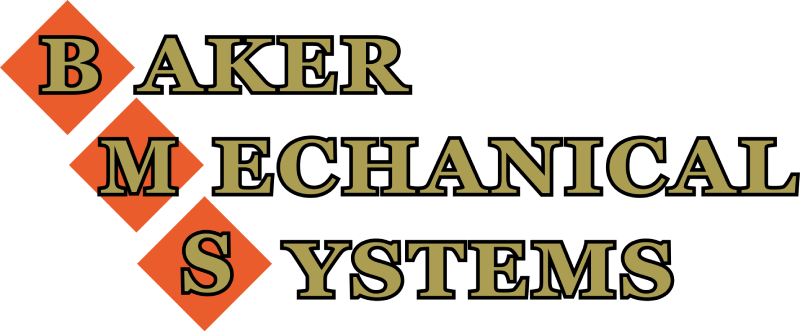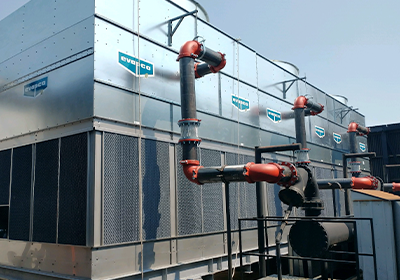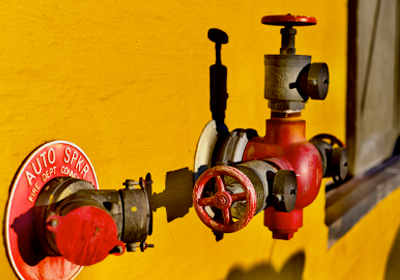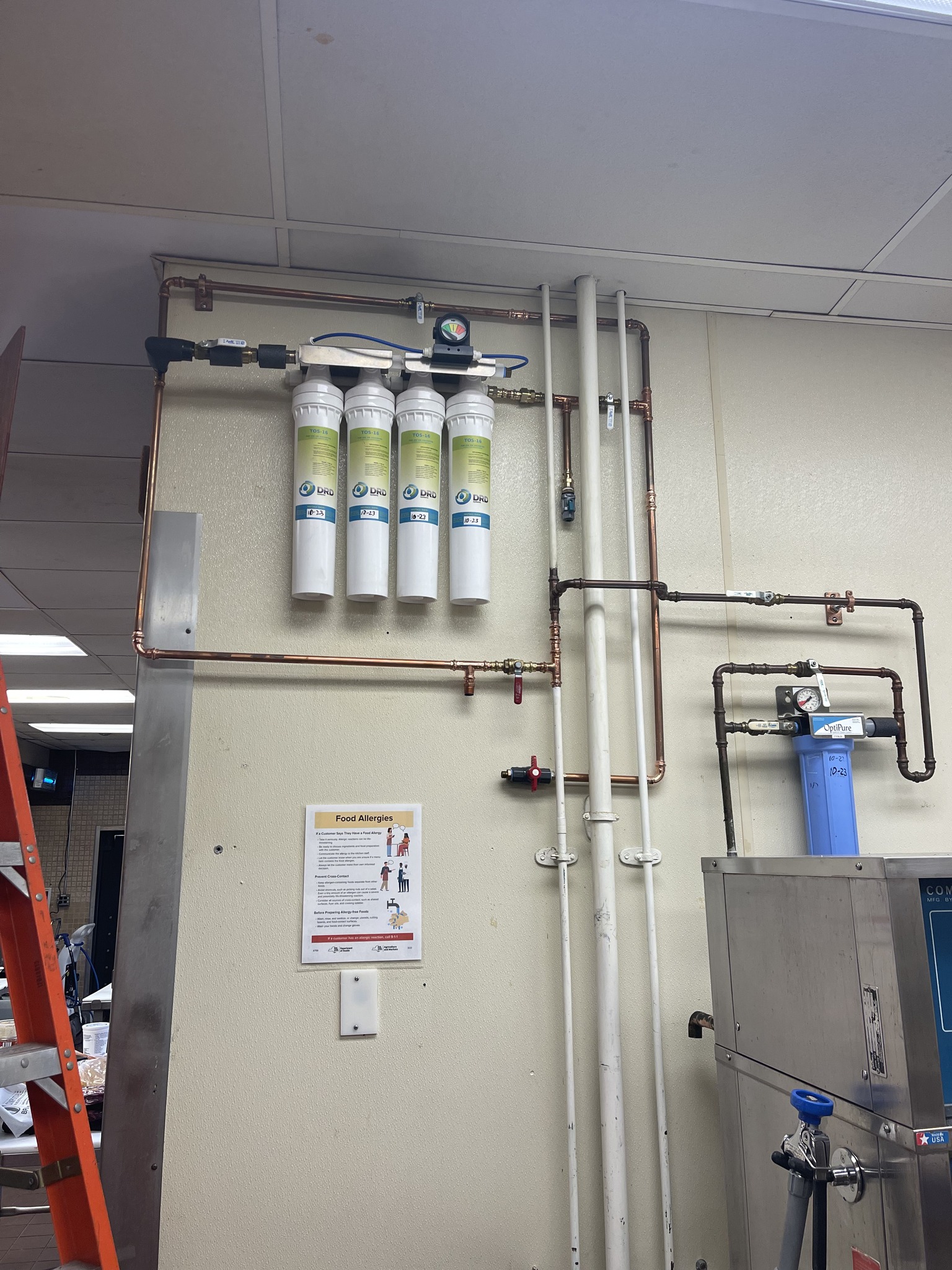Blog
Top 10 Signs Your Facility Needs a Process Piping Upgrade
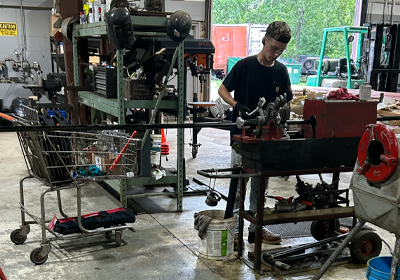
Process piping plays a critical role in industrial and commercial facilities, transporting liquids, gases, and chemicals essential for operations. However, aging or inefficient piping systems can lead to downtime, safety hazards, and costly repairs. If your facility relies on process piping, recognizing when it’s time for an upgrade can save you money, improve efficiency, and ensure compliance with safety regulations.
At Baker Mechanical Systems, we specialize in process piping upgrades, repairs, and installations for industrial and commercial facilities in Rochester, NY. If your piping system is showing signs of wear, contact us today to schedule an assessment.
1. Frequent Leaks and Corrosion
If your facility is constantly dealing with leaks, rust, or corrosion, it’s a clear indication that your process piping is deteriorating. Over time, pipes exposed to chemicals, moisture, and extreme temperatures can break down, leading to leaks that waste resources and create safety hazards.
Why This Matters:
- Leaks can contaminate products or create environmental hazards.
- Corrosion weakens pipes, increasing the risk of catastrophic failures.
- Repeated patchwork repairs can become more costly than an upgrade.
If leaks are becoming routine, it’s time to consider upgrading to corrosion-resistant piping materials.
2. Decreased System Efficiency
As process piping systems age, they lose efficiency, causing your equipment to work harder to maintain output. You may notice pressure drops, slower fluid movement, or inconsistent production levels.
Signs of Inefficiency:
- Increased energy consumption due to pumps working harder.
- Lower output or inconsistent flow rates.
- Clogs or buildups reducing efficiency.
Upgrading to a modern, high-performance piping system improves operational efficiency and reduces energy waste.
3. Frequent Repairs and Maintenance Costs
If your facility’s process piping requires constant maintenance, it may be more cost-effective to replace the system rather than continue with expensive repairs.
Consider an Upgrade If:
- Repair costs are adding up quickly.
- Downtime for maintenance is impacting production.
- Replacement parts are difficult to find due to outdated systems.
Rather than dealing with constant band-aid fixes, investing in a new system ensures reliability and long-term savings.
4. Outdated or Incompatible Piping Materials
Piping technology has evolved significantly, with modern materials offering better durability, efficiency, and resistance to chemicals and temperature fluctuations.
Common Outdated Piping Materials:
- Galvanized steel (prone to rust and corrosion).
- Old PVC piping (may not meet current safety standards).
- Cast iron or lead pipes (hazardous and inefficient).
Upgrading to materials like stainless steel, high-density polyethylene (HDPE), or specialized alloys ensures better system performance and compliance with industry regulations.
5. Increased Downtime Due to Piping Failures
Unscheduled downtime costs businesses thousands in lost production. If your facility experiences frequent shutdowns due to pipe failures, it’s a strong sign that your system needs a major overhaul.
How an Upgrade Helps:
- Reduces unplanned shutdowns.
- Ensures consistent and reliable production.
- Minimizes risk of contamination or process disruptions.
Schedule a process piping inspection to prevent costly shutdowns before they happen.
6. Changing Production Needs or Facility Expansion
If your facility is growing, adding new equipment, or changing production methods, your current piping system may not be able to keep up with increased demands.
When to Upgrade:
- Your system was designed for lower capacity than what you currently need.
- You’re introducing new chemicals, liquids, or processes that require specialized piping.
- You’re expanding the facility and need an integrated system upgrade.
An upgrade ensures that your process piping system aligns with current and future operational needs.
7. Compliance and Safety Risks
Regulatory requirements for industrial and commercial piping systems change frequently. If your facility’s piping does not meet the latest safety codes, you could face fines, liability issues, or even operational shutdowns.
How an Upgrade Ensures Compliance:
- Meets OSHA, EPA, and industry-specific regulations.
- Reduces the risk of hazardous leaks or environmental contamination.
- Ensures proper labeling and containment for hazardous materials.
If you’re unsure whether your system meets current safety standards, Baker Mechanical Systems can conduct an evaluation.
8. Poor Water or Chemical Flow Control
If your system struggles with fluctuating pressures, valve failures, or inconsistent flow rates, it may be time for a piping upgrade.
Common Flow Issues:
- Pressure imbalances leading to uneven distribution.
- Clogged or deteriorated pipes slowing down operations.
- Improperly sized piping causing inefficiencies.
Upgrading to properly sized, optimized piping improves flow consistency, efficiency, and reliability.
9. Visible Cracks, Rust, or Structural Damage
If your piping system has visible cracks, rust spots, or other signs of deterioration, it’s likely reaching the end of its lifespan.
Why This Is a Concern:
- Small cracks can turn into major failures under pressure.
- Rust indicates material breakdown, which weakens the structure.
- Failing pipes increase safety risks in industrial environments.
If visual inspections reveal physical damage, schedule an upgrade before a system failure occurs.
10. Your System Has Reached the End of Its Lifespan
All process piping systems have a finite lifespan. If yours is more than 20-30 years old, it may be costing you more to maintain than it would to replace.
Why Upgrading an Aging System is Smart:
- Modern materials are more durable and efficient.
- Older systems are less compatible with new technology.
- You can take advantage of new piping designs that improve flow and safety.
Don’t wait until a catastrophic failure forces an upgrade—plan ahead and replace aging process piping systems before they become a liability.
Upgrade Your Process Piping System with Baker Mechanical Systems
If your facility is experiencing any of these warning signs, it’s time to consider a process piping upgrade. At Baker Mechanical Systems, we provide expert design, installation, and maintenance for commercial and industrial process piping systems in Rochester, NY.
Why Work With Us?
- Experienced in customized piping solutions.
- Fully compliant with safety and industry regulations.
- Minimized downtime with efficient upgrade installations.
Schedule a consultation today to ensure your process piping system is safe, efficient, and built for long-term success.
‹ Back
